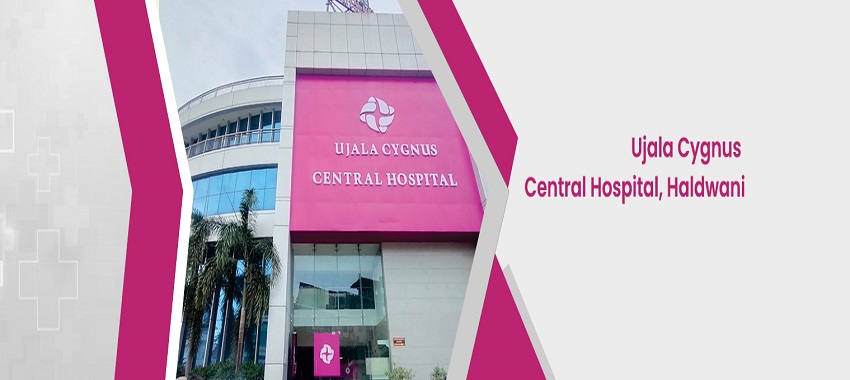A blood clot in the brain is known as cerebral thrombosis, a life-threatening condition that can lead to stroke or serious neurological disorder. It occurs when the flow of blood is obstructed by a blood clot, preventing the cells of the brain from getting oxygen and other nutrients. It is important to understand the causes, symptoms and treatment of a blood clot in the brain for diagnosis and effective management.
BLOOD CLOT IN BRAIN: CAUSES
There are numerous causes that lead to the development of blood clot in brain. Some common causes are-
- Atherosclerosis: It is a condition where fatty material accumulates in arteries, narrowing them and leading to an increased risk of blood clots.
- Embolism: A clot that has developed in other parts of the body such as hearts or legs, can migrate to the brain and block an artery(embolism).
- Head Injury: Brain trauma may lead to bleeding inside the head, which causes clotting as the body tries to stop the bleeding.
- Blood disorders: Some conditions like thrombophilia or polycythaemia, can enhance the risk of too much clotting.
- Smoking and Drinking: These are risk-inducing habits that can cause vascular injury and a heightened risk of clotting.
- Diabetes: Increased blood sugar levels can harm blood vessels and encourage the formation of clots.
BLOOD CLOTS IN BRAIN: SYMPTOMS
Brain clot symptoms depend on the severity and area of the blockage. Some symptoms are-
- Weakness or paralysis
- Sudden severe headache
- Vision problem
- Difficulty in speaking
- Loss of coordination and balance
- Memory loss and confusion
- Seizures
- Fainting or dizziness
BLOOD CLOTS IN BRAIN: TREATMENT
Prompt treatment is needed to prevent damage and avoid further complications. These treatments may include-
- Thrombolysis (a drug for clot-busting)- Like tissue plasminogen activator, administered in an emergency to break clots in early
- Anticoagulants – It is like warfarin or heparin, to stop the formation of new clots.
- Antiplatelet drugs- It is like aspirin, it lowers the chances of additional clotting.
Surgical processes
- Thrombectomy: It is a surgery that removes the clot physically using a catheter.
- Angioplasty and stenting: This procedure dilates blocked arteries and avoid subsequent clots.
Lifestyle changes
- Healthy diet- Follow a healthy diet rich in fruits, vegetables and whole grains. Avoid unsaturated fats.
- Regular Exercise- Improves blood circulation and helps reduce risks factors such as obesity.
- Managing Chronic Conditions- Keeping diabetes, high blood pressure and cholesterol levels under control.
Choose Ujala Cygnus- The Best Neuro Hospital in India
Ujala Cygnus is among the best neuro hospital in Haldwani with specialized facilities like Neurocritical care, Neuro-oncology, Sleep medicine, Neuro-muscular medicine, and Neuro-interventional radiology.
Ujala Cygnus is one of the best hospitals for brain tumours in Haldwani that provides incredible medical treatment with love and care to patients.
As the Best Neurosurgery Hospital in Haldwani, Ujala Cygnus follows fastidious hygiene protocol and practices. As the best neuro hospital in Haldwani it ensures utmost security and sterility for all our patients and for the staff.
Conclusion-
A brain clot is a severe medical condition that needs to be treated immediately. Early recognition of warning signs and treatment can greatly enhance outcomes. By embracing a healthy lifestyle and controlling the risk factors, one can lower the risk of developing a brain clot and maintain optimal health.
Source url – https://phoenixnewsbuzz.com/blood-clot-in-brain-causes-symptoms-treatment
 WhatsApp Us Now
WhatsApp Us Now









